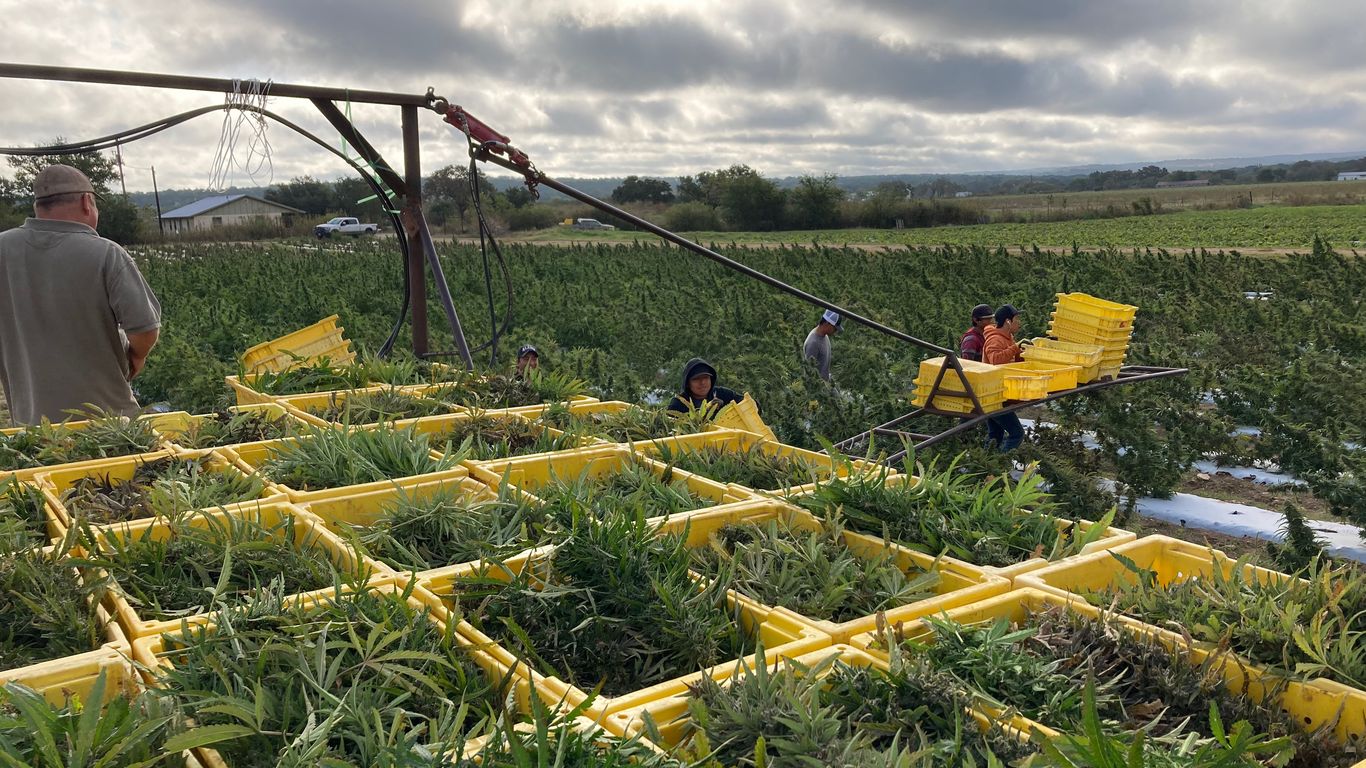Cannabis Crackdown: Local Entrepreneurs Warn of Economic Fallout from Proposed THC Restrictions

In a bold move that's sparking intense debate across the state, lawmakers are taking a hard stance on cannabis-related substances. The state Senate has already greenlit a comprehensive bill aimed at completely eliminating all forms of THC, signaling a significant crackdown on cannabis products.
This sweeping legislation would effectively ban every variant of tetrahydrocannabinol, from traditional marijuana to newer hemp-derived products like delta-8 and delta-10 THC. Proponents argue the bill is crucial for public health and safety, while critics claim it's an overreach that could harm both medical patients and the emerging cannabis industry.
The proposed ban represents a dramatic shift in drug policy, potentially creating ripple effects for consumers, businesses, and medical users who have come to rely on these substances. As the bill moves through the legislative process, stakeholders on all sides are watching closely, anticipating its potential impact on everything from recreational use to alternative medical treatments.
With passionate arguments emerging from both supporters and opponents, this THC prohibition bill is quickly becoming a pivotal issue that could reshape the state's approach to cannabis regulation.
